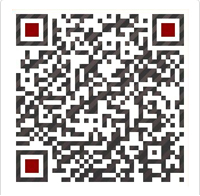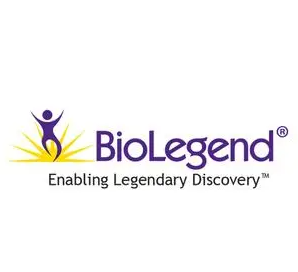Product Details
- Verified Reactivity
- Human, Cynomolgus, Rhesus
- Reported Reactivity
- Chimpanzee
- Antibody Type
- Monoclonal
- Host Species
- Mouse
- Immunogen
- Human peripheral T cells
- Formulation
- Phosphate-buffered solution, pH 7.2, containing 0.09% sodium azide and BSA (origin USA).
- Preparation
- The antibody was purified by affinity chromatography and conjugated with Brilliant Violet 711? under optimal conditions.
- Concentration
- Lot-specific (to obtain lot-specific concentration, please enter the lot number in our Concentration and Expiration Lookup or Certificate of Analysis online tools.)
- Storage & Handling
- The antibody solution should be stored undiluted between 2°C and 8°C, and protected from prolonged exposure to light. Do not freeze.
- Application
-
FC - Quality tested
- Recommended Usage
Each lot of this antibody is quality control tested by immunofluorescent staining with flow cytometric analysis. For flow cytometric staining, the suggested use of this reagent is 5 ?l per million cells in 100 ?l staining volume or 5 ?l per 100 ?l of whole blood.
Brilliant Violet 711? excites at 405 nm and emits at 711 nm. The bandpass filter 710/50 nm is recommended for detection, although filter optimization may be required depending on other fluorophores used. Be sure to verify that your cytometer configuration and software setup are appropriate for detecting this channel. Refer to your instrument manual or manufacturer for support. Brilliant Violet 711? is a trademark of Sirigen Group Ltd.
Learn more about Brilliant Violet?.
This product is subject to proprietary rights of Sirigen Inc. and is made and sold under license from Sirigen Inc. The purchase of this product conveys to the buyer a non-transferable right to use the purchased product for research purposes only. This product may not be resold or incorporated in any manner into another product for resale. Any use for therapeutics or diagnostics is strictly prohibited. This product is covered by U.S. Patent(s), pending patent applications and foreign equivalents.- Excitation Laser
- Violet Laser (405 nm)
- Application Notes
The OKT4 antibody binds to the D3 domain of CD4 and does not block HIV binding. Additional reported applications (for the relevant formats) include: immunohistochemistry of frozen sections and blocking of T cell activation. This clone was tested in-house and does not work on formalin fixed paraffin-embedded (FFPE) tissue. The Ultra-LEAF? purified antibody (Endotoxin < 0.01 EU/?g, Azide-Free, 0.2 ?m filtered) is recommended for functional assays (Cat. No. 317453 and 317454).
In a small subset of individuals, the OKT4 clone does not bind to CD4 due to polymorphisms in CD4.9- Application References
(PubMed link indicates BioLegend citation) -
- Knapp W, et al. 1989. Leucocyte Typing IV. Oxford University Press. New York.
- Reinherz EL, et al. 1979. Proc. Natl. Acad. Sci. 76:4061.
- Kmieciak M, et al. 2009. J. Transl. Med. 7:89. (FC) PubMed
- Cicin-Sain L, et al. 2010. J. Immunol. 184:6739. PubMed
- Rosenzweig M, et al. 2001. J. Med. Primatol. 30:36.
- Linder J, et al. 1987. Am. J. Pathol. 127:1.
- Boche D, et al. 1999. J. Neurovirol. 5:232. (IHC)
- Reinherz EL, et al. 1979. Proc. Natl. Acad. Sci. USA. 76:4061. (Immunogen)
- Lederman S, et al. 1991. Mol Immunol. 28:1171-81.
- Product Citations
-
- RRID
- AB_11219404 (BioLegend Cat. No. 317439) AB_2562912 (BioLegend Cat. No. 317440)
Antigen Details
- Structure
- Ig superfamily, type I transmembrane glycoprotein, 55 kD
- Distribution
-
T cell subset, majority of thymocytes, monocytes/macrophages
- Function
- MHC class II co-receptor, lymphocyte adhesion, thymic differentiation, HIV receptor
- Ligand/Receptor
- MHC class II molecules, HIV gp120, IL-16
- Cell Type
- Macrophages, Monocytes, T cells, Thymocytes, Tregs
- Biology Area
- Immunology
- Molecular Family
- CD Molecules
- Antigen References
-
1. Center D, et al. 1996. Immunol. Today 17:476.
2. Gaubin M, et al. 1996. Eur. J. Clin. Chem. Clin. Biochem. 34:723. - Gene ID
- 920 View all products for this Gene ID
- UniProt
- View information about CD4 on UniProt.org








